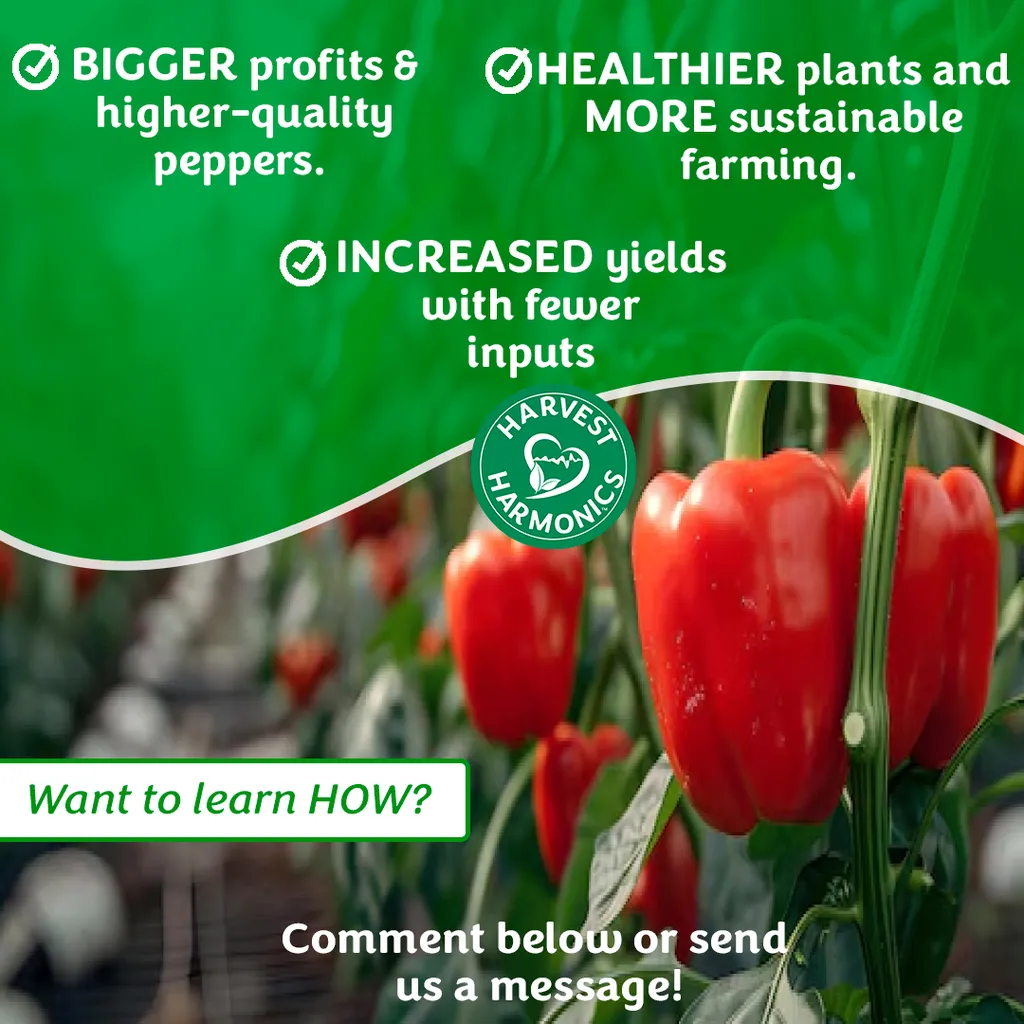In the arid landscapes of Zhongwei City, China, a groundbreaking study is reshaping the future of sustainable agriculture. Led by DONG Siqiong from the School of Civil and Hydraulic Engineering at Ningxia University, the research explores the impact of drip irrigation using reclaimed water on pepper crops. The findings, published in the journal *Guan’gai paishui xuebao* (translated to *Water Resources Protection*), offer promising insights for farmers and the energy sector alike.
Water scarcity is a pressing global issue, and the agricultural industry is increasingly turning to reclaimed water as a viable solution. However, concerns about crop safety and quality have lingered. DONG Siqiong’s study aims to address these concerns head-on. “With increasing water scarcity and the need for sustainable agriculture, reclaimed water has been increasingly used for irrigation. However, concerns remain about its effects on crop growth, yield, quality, and food safety,” DONG explains.
The experiment, conducted in 2020, involved three irrigation-water treatments: tap water (S1), a 1:1 mixture of reclaimed water and tap water (S2), and reclaimed water (S3). Each treatment was further divided into three irrigation amounts: 2,040 m³/hm² (W1), 2,820 m³/hm² (W2), and 3,600 m³/hm² (W3). The researchers measured various growth, physiological traits, yield, and quality parameters of the pepper plants.
The results were compelling. When irrigation amounts were the same, plant height, stem thickness, net photosynthetic rate, yield, water use efficiency (WUE), and irrigation water use efficiency (IWUE) were highest in the reclaimed water treatment (S3). “Using reclaimed water, increasing irrigation amount increased plant height, stem thickness, photosynthetic rate, yield,” DONG notes. This suggests that reclaimed water can be as effective, if not more so, than traditional water sources for irrigation.
Moreover, the study found that the reclaimed water treatments did not significantly increase heavy metal content in the peppers. Arsenic levels were within the limits set by the National Food Safety Standard for Pollutants (GB2762—2022), and lead (Pb), chromium (Cr), and Salmonella were not detected in the fruit. This addresses critical food safety concerns and paves the way for broader acceptance of reclaimed water in agriculture.
The principal component analysis (PCA) revealed that the S3W2 treatment—using reclaimed water with an irrigation amount of 2,820 m³/hm²—yielded the highest composite score. This treatment optimized growth, yield, and quality of the pepper plants. “With a precipitation of 174.30 mm during the reproductive period of the pepper in the study region, drip irrigation using reclaimed water with irrigation amount of 2,820 m³/hm² is optimal,” DONG concludes.
The implications for the energy sector are significant. As water resources become scarcer, the ability to use reclaimed water effectively can reduce the strain on traditional water sources. This not only supports sustainable agriculture but also aligns with broader environmental goals. The study’s findings could influence policy and practice, encouraging more farmers to adopt reclaimed water for irrigation.
DONG Siqiong’s research is a beacon of hope in the quest for sustainable agriculture. By demonstrating the efficacy and safety of reclaimed water for irrigation, the study opens new avenues for water management and agricultural practices. As the world grapples with water scarcity, this research offers a practical and sustainable solution that could shape the future of farming and the energy sector.

